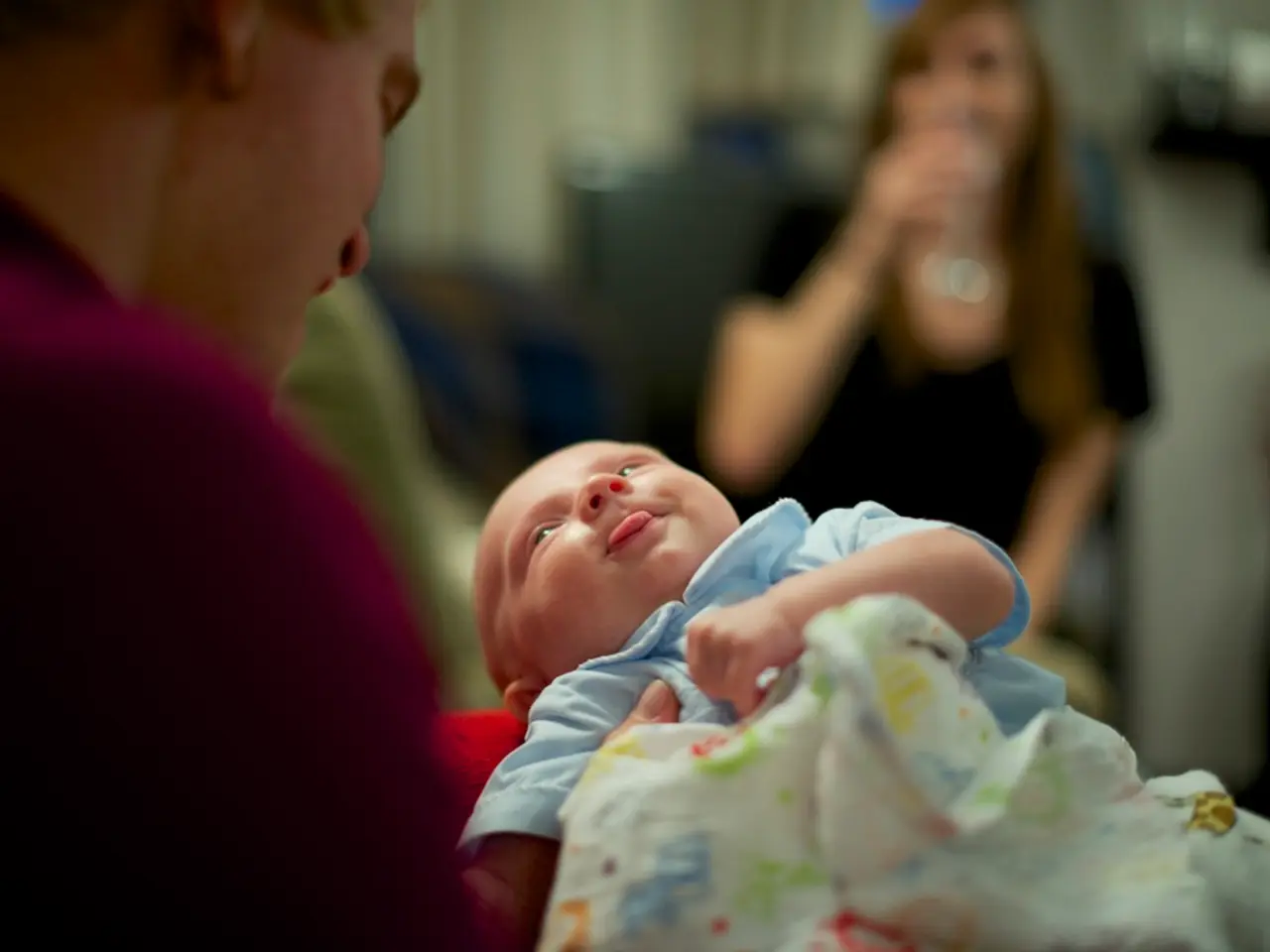Impact of COVID-19 and Vaccination on Fertility Levels
The myth that COVID-19 vaccines could potentially cause infertility has circulated since the early stages of the vaccine rollout. However, a wealth of scientific research has consistently debunked this misconception.
Initially, the suspicion arose from unfounded claims and misinformation without a scientific basis. But all of the science points in the same direction: Getting the COVID-19 vaccine is the best way to fend off the virus's most severe impacts, even for those trying to conceive.
The misinformation about the COVID-19 vaccine and infertility originated from a German scientist and a former Pfizer employee in December 2020. Since then, researchers have disproved this theory. The COVID-19 vaccine does not affect sperm, female fertility, or the placenta.
One hypothesis suggested that the virus could enter the testicles, causing a temporary disruption in their ability to properly function. However, studies show that infections can lead to an inflammatory cascade, which could collapse or alter sperm production. Yet, researchers found no evidence to support this theory.
Certain hormone levels needed for sperm production could be altered due to disruption to the hypothalamus, pituitary gland, and gonadal glands. But, the effects of fever, which can occur after vaccination, can impact sperm formation. However, studies show that the COVID-19 vaccine does not decrease sperm count or motility.
In couples trying to get pregnant, conception was down 18% in the three months after the male partner was infected with COVID-19. This suggests that the virus itself may have a more significant impact on fertility than the vaccine.
Researchers found no association between the COVID-19 vaccine and lower fertility rates. In fact, two studies in couples undergoing fertility treatment found no appreciable difference in semen volume, sperm concentration, or motility measured before and after vaccination.
A study published in the American Journal of Epidemiology in January 2022 found no differences in the likelihood of conception between vaccinated and unvaccinated couples. Furthermore, the COVID-19 vaccine has been shown to be safe for those who are pregnant.
Studies also show that getting COVID-19 during pregnancy can lead to higher rates of preterm birth, low birth weight, and stillbirth. Thus, it is crucial for pregnant individuals to get vaccinated to protect themselves and their unborn babies.
In conclusion, the COVID-19 vaccine does not cause infertility or affect sperm, female fertility, or the placenta. It is a vital tool in protecting individuals from the severe impacts of the virus, even for those trying to conceive. As always, it is essential to consult with a healthcare provider for personalized advice.
Read also:
- Overweight women undergoing IVF have a 47% higher chance of conceiving naturally post-weight loss
- Bonsai Trees from Evergreen Species: Exploring Growth Characteristics & Distinct Qualities
- What temperatures may make walking your canine companion uncomfortable?
- Title: Information About Beovu: Potency, Form, Usage, and Additional Details






